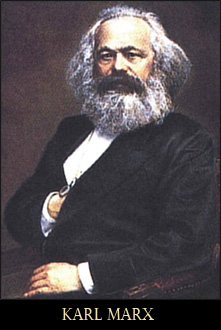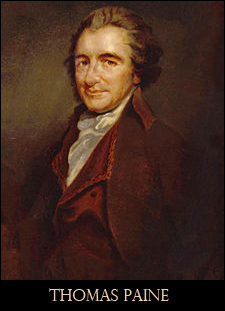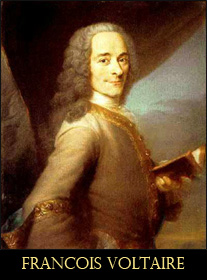WHAT ARE THE GREATEST BOOKS?
KOLBE’S GREATEST BOOKS are an Accumulated Treasury of Human Wisdom. As such, they are indispensable components of liberal education because liberal education—unlike training and schooling—culminates in wisdom.
They are called “Greatest” because of the formative impact they have had as a tour de forceof Christian civilization, because they masterfully deal with the greatest questions the human mind is capable of examining, and because they help readers acquire truth, which is the one attainment of the human mind that sets a person free (John 8:32) or “liberates“. This is why the Greatest Books are key components of “liberal” arts education; liberal education is education intended fror free men and women or for those who desire to be free to develop all their human potential.
Because human beings are endowed with an intellect and will made to the image and likeness of God, they possess the potential to become increasingly Godlike. This is a trinitarian mystery manifest in man’s highest intellectual faculties: intellectual apprehension, understanding (also known as reason), and the ability to love (which is an intellectual appetite that involves the body but orignates in, and proceeds from, the mind).
When human beings properly exercise and develop these faculties the result is ongoing growth in knowledge, understanding, and wisdom leading to ongoing sanctification in a spirit of unitive love. This is a uniquely human process referred to by Western mystics as “divinization” (in the East it is referred to as “theosis“) resulting in spiritual growth and phenomenal creative expression in the arts, sciences, and humanities. The Greatest Books are an indispensable collection of many such authors (some further developed than others) whose wisdom graces the various arts and sciences in the Judeo-Christian and classical natural law tradition.
Here in 101 color coded volumes are the writings of eminent statesmen, philosophers, poets, saints, and scientists, the greatest thinkers and exemplars of humankind; men and women dedicated to the development, penetration, and diffusion of noble literature, artistic beauty, and demonstrated ideas that have shaped the legal, ethical, moral, and spiritual codes, which are the bedrock of Christian civilization.
BROWN – MATH & SCIENCE
GREEN – LITERATURE
BLUE – POLITICS, HISTORY, LAW
BLACK – PHILOSOPHY
PURPLE – THEOLOGY
RED – SPIRITUAL CLASSICS
These masterful writings have enlightened popes and kings, savants and generals, along with countless others everywhere. They form the intellectual record of our Judeao-Christian patrimony and the story of its development.
Kolbe’s Greatest Books are an integral part of authentic liberal education, education devoted to the acquisition of intellectual skills leading students to knowledge of truth and acquisition of wisdom, which help set them free to live a good life in pursuit of happiness. In every age men and women seek clarity and understanding of ultimate questions asked about the nature of things, about God and man, heaven and hell, wisdom, justice and charity, virtue an vice, about human suffering, the best form of government, the use and abuse of power and authority, the meaning of life and death, and other fundamental questions, which perplex the human soul.
In Dickens and Dostoevsky human nature combats pride, ambition, greed, and envy; in John of the Cross and Teresa of Avila human nature seeks highest perfection; in King Alfred the Great’s Law Books the Old Law revealed to Moses is united to the New Law revealed by Jesus; in La Maitre and Einstein man struggles to understand the cosmos; in Augustine and Shakespeare man endeavors to understand himself, while Aquinas and Dante explore virtue, sin, grace, redemption, and final judgment.
When most current novels and best sellers are no longer remembered, the Greatest Books (which have stood, and continue to stand, the test of time) will still be cherished and read by millions as they have been for over two thousand years.


 “Of all the systems of religion that ever were invented, there is no more derogatory to the Almighty, more unedifiying to man, more repugnant to reason, and more contradictory to itself than this thing called Christianity. “.
“Of all the systems of religion that ever were invented, there is no more derogatory to the Almighty, more unedifiying to man, more repugnant to reason, and more contradictory to itself than this thing called Christianity. “. Nonetheless, for the very reason that the Great Books are often antithetical to ideas expressed in the Greatest Books, they help students develop dialectical thinking skills, analytical judgment, and substantive evaluation, which are essential to intellectual formation.
Nonetheless, for the very reason that the Great Books are often antithetical to ideas expressed in the Greatest Books, they help students develop dialectical thinking skills, analytical judgment, and substantive evaluation, which are essential to intellectual formation.